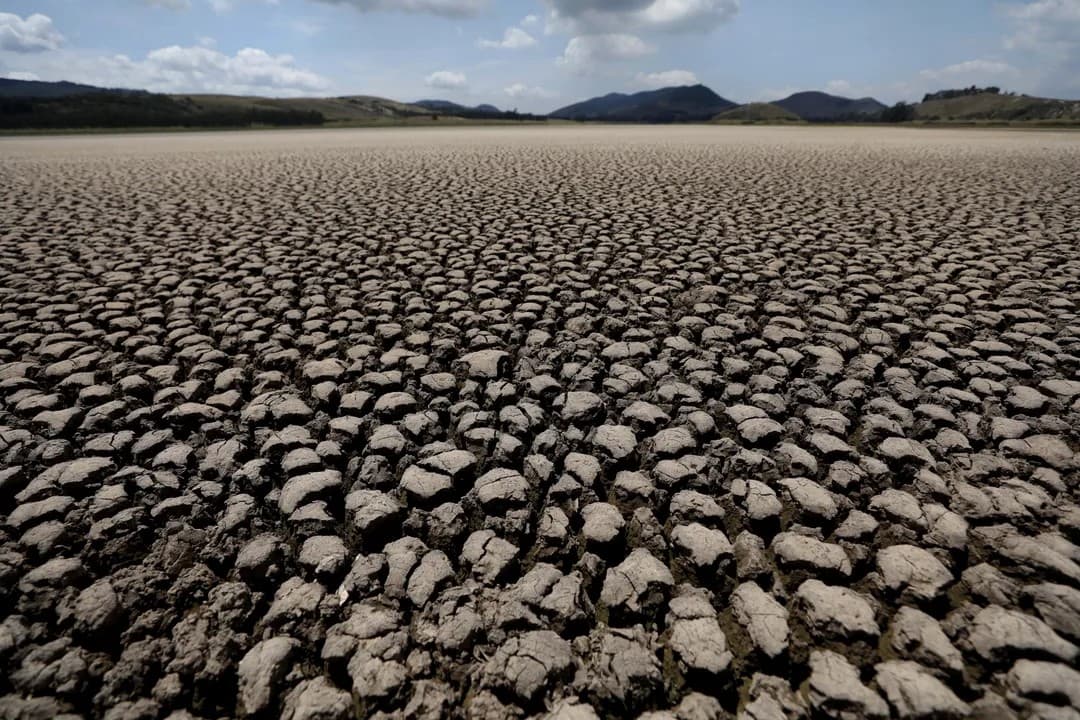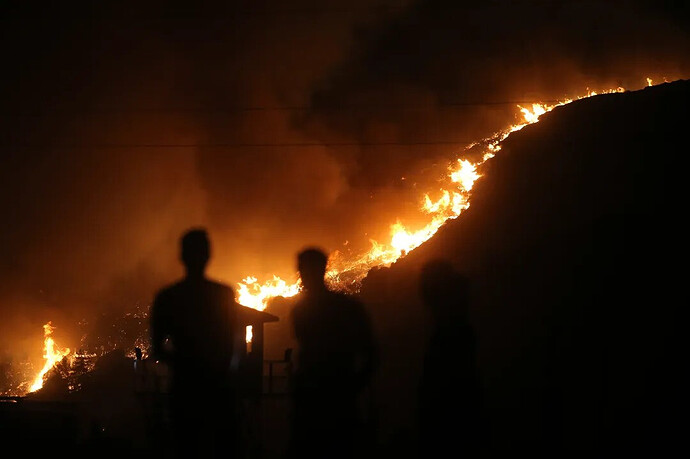Totally Insane
Some scientists have a new idea that could help fix climate change: Dry out the sky
![]()
It may sound like the plot of an old James Bond movie, but an idea to "dehydrate the stratosphere" to slow climate change is real.
In a study released Wednesday in Science Advances, researchers propose a controversial geoengineering strategy to reduce global warming, one that involves dehydrating the stratosphere by removing water vapor – the most abundant greenhouse gas.
Indeed, although greenhouse gases like carbon dioxide and methane are the most important drivers of human-caused climate change, water vapor remains the most common greenhouse gas. Removing it from the atmosphere would help mitigate climate change, study authors say.
How would dehydrating the stratosphere work?
In the study by researchers from the National Oceanic and Atmospheric Administration, scientists suggest trying what they call "intentional stratospheric dehydration."
According to study lead author Joshua Schwarz, a research physicist at NOAA’s Chemical Sciences Laboratory in Boulder, Colorado, the concept would involve seeding small particles known as ice nuclei into the stratosphere using high-altitude aircraft.
If those seeds can be introduced into the stratosphere, he said, some of the water vapor would condense into ice and fall, thereby removing excess water vapor and dehydrating (at least partially) the stratosphere.
The study suggests this strategy could plausibly work after overcoming several technical barriers. Schwarz says that right now, "we don't have a plan or the technology to do this."
Will it counteract the effects of carbon dioxide (CO2)?
"No," said Schwarz, adding that it would only cool the atmosphere one-seventieth as much as CO2 is warming it. It would only be "a very small shift in the other direction." ![]()
He said that CO2 remains a huge problem in Earth's atmosphere and that this method would only have a small impact compared with that of CO2
Some scientists are skeptical
"I have to be very skeptical," said Kevin Trenberth, a scientist at the National Center for Atmospheric Research. "Focusing on dehumidifying the stratosphere by itself makes no sense to me."
Michael Mann, a meteorologist at the University of Pennsylvania, said that "in this case, the authors concede a large number of caveats, one of the most critical being the potentially limited lifetime of the effect. Like many of the proposed inventions, it would have to be done regularly to keep up the offsetting cooling effect, and meanwhile the CO2 that is accumulating in the atmosphere is there for the long term."
Weather extremes, as well as drought, wildfire, flooding and diminished air quality, will increase in frequency and intensity in North America as global warming accelerates, according to the United Nations Intergovernmental Panel on Climate Change.
Kemerkoy Thermal Power Plant with a blaze from a wildfire approaching in the background, in Milas, Mugla, Turkey, Aug. 3, 2021. A panel of scientists convened by the UN has published a report on the impacts of climate change on the planet, including on the natural world and human civilization.


